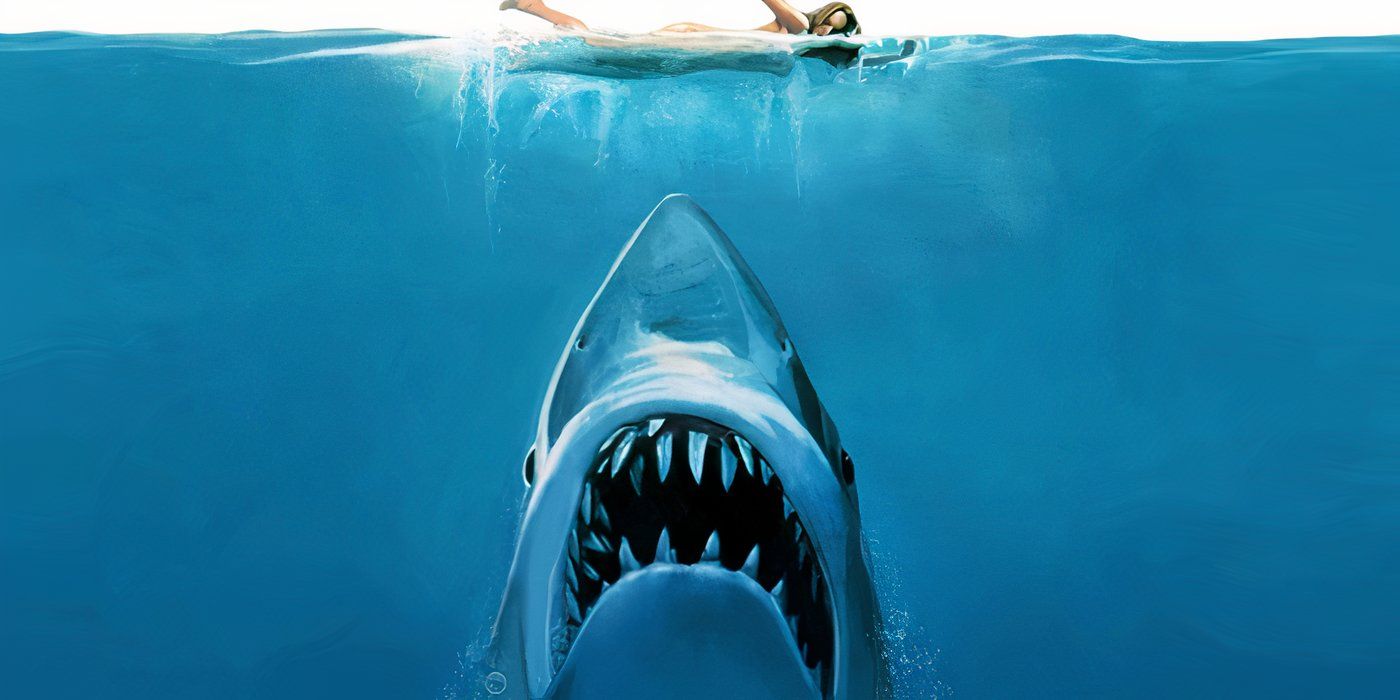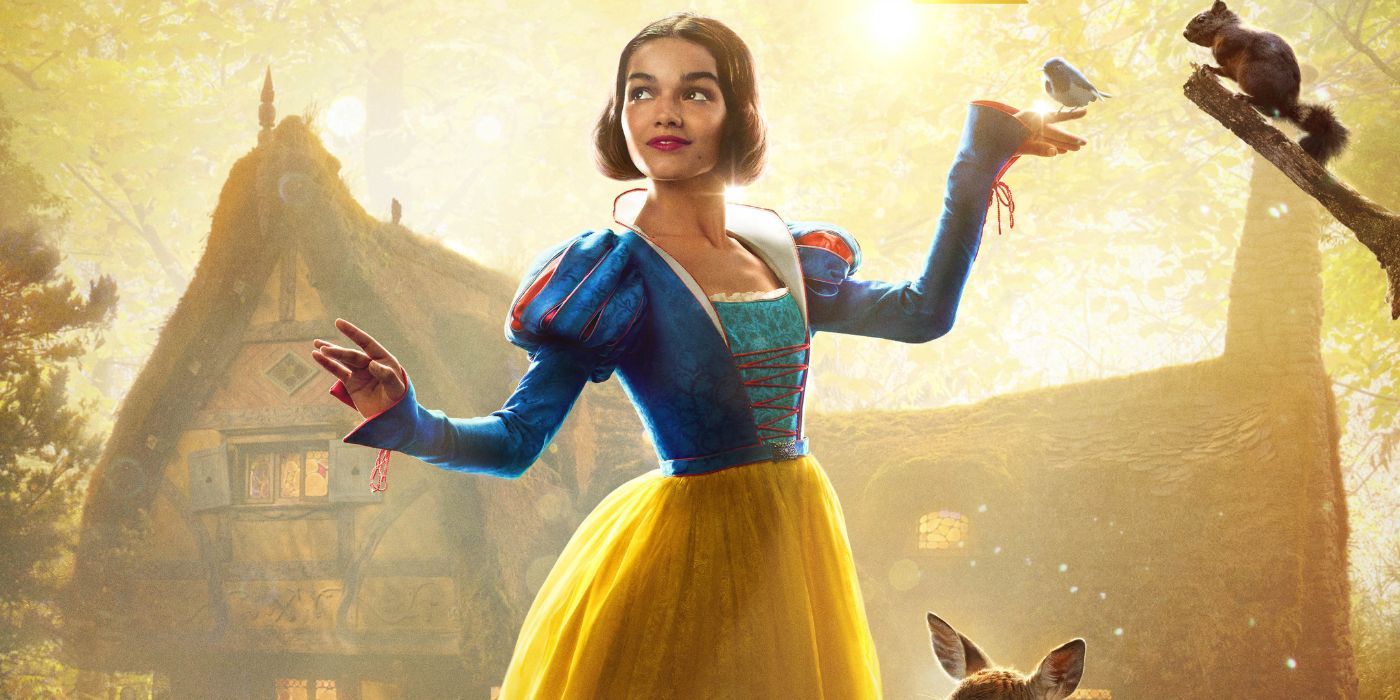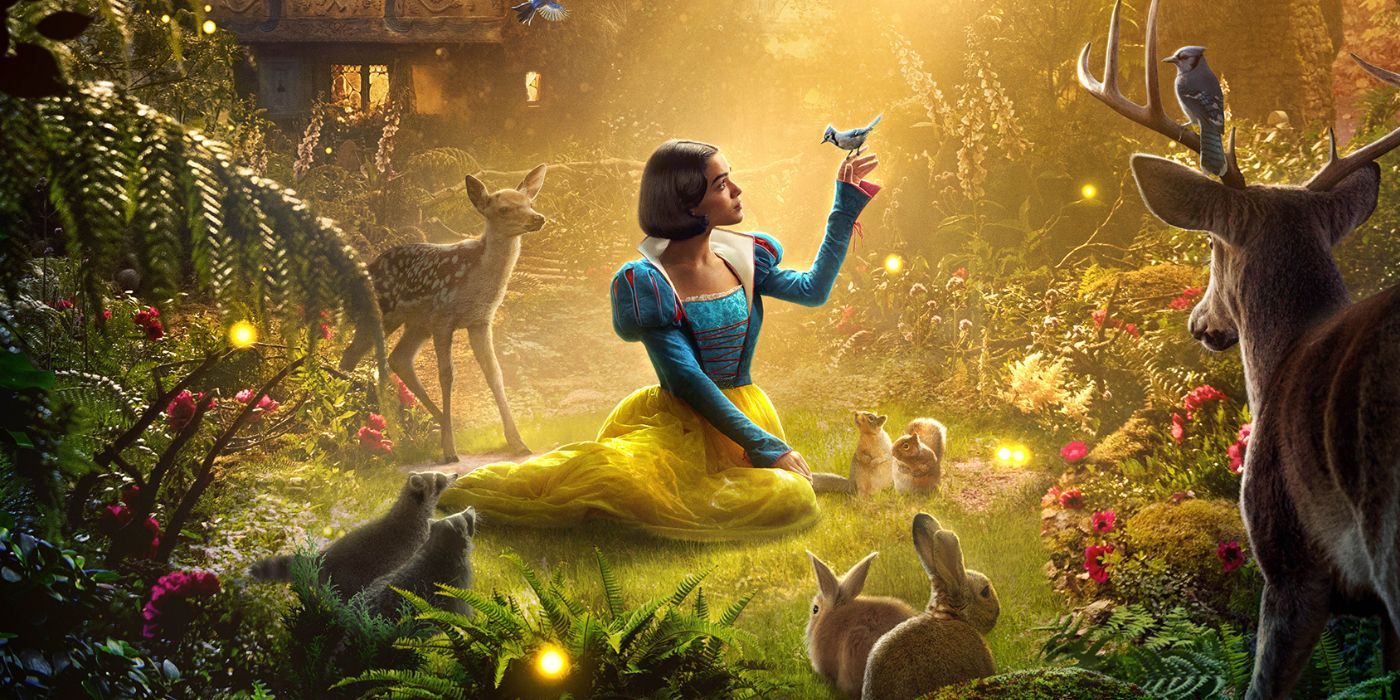## Fairytale Fallout: Disney’s “Snow White” Faces Backlash and a Surprising Disclaimer
A new live-action “Snow White” is hitting the screen, but the fairytale isn’t going as smoothly as planned. The film has been targeted by a wave of negative reviews, forcing the streaming giant to take a rather unprecedented step. Yes, you read that right – IMDb, the world’s largest movie database, has added a disclaimer to the film’s page, acknowledging the review-bombing campaign.

The Power of Perception

In the intricate world of entertainment, perception reigns supreme. Critical reception, both the glowing accolades and the scathing critiques, wields a profound influence over audience interest and, ultimately, box office success. A film lauded by critics often enjoys a halo effect, attracting viewers eager to experience the celebrated artistry. Conversely, a barrage of negative reviews can act as a formidable deterrent, dissuading potential audiences and leading to disappointing financial returns. This delicate interplay between perception and reality underscores the immense power of word-of-mouth and the crucial role played by critics in shaping public opinion.
The recent controversy surrounding Disney’s live-action adaptation of ‘Snow White’ serves as a stark illustration of this phenomenon. The film, despite its star-studded cast featuring Rachel Zegler and Gal Gadot, has been met with a torrent of negative reviews, prompting IMDb to issue a disclaimer warning of potential review bombing.

Controversy Clouds the Magic: The Zegler and Gadot Factor
Casting Criticism
From the outset, ‘Snow White’ found itself embroiled in controversy surrounding Rachel Zegler’s casting as the titular princess. The decision to cast a Latina actress in a role traditionally associated with European fairytales sparked debate about representation and the evolution of classic narratives. While some hailed the casting as a progressive step, others expressed concerns about historical accuracy and the potential for cultural appropriation. The online discourse surrounding Zegler’s casting became increasingly heated, with some critics leveling accusations of tokenism and others defending the choice as a necessary step towards greater inclusivity in Hollywood.
This online backlash, fueled by passionate opinions and a lack of nuanced discussion, undoubtedly had an impact on Zegler’s public image and the film’s reception. The intense scrutiny she faced highlights the challenges faced by actors, particularly those from marginalized communities, who often become the targets of online abuse and vitriol when cast in unconventional roles.

Political Divide
Adding further fuel to the fire was the controversy surrounding Gal Gadot’s portrayal of the Evil Queen. Gadot, an Israeli actress, has been a vocal supporter of Israel, a stance that has drawn criticism from pro-Palestine activists. The film’s release coincided with heightened tensions in the Middle East, and Gadot’s political affiliations became intertwined with the film’s reception, further polarizing audiences along political lines.
This intersection of personal beliefs and public perception demonstrates the complex challenges faced by actors in today’s highly politicized environment. Public figures are increasingly expected to take a stand on social and political issues, but doing so can come at a cost, as Gadot’s experience illustrates.

The Price of Public Opinion
The controversy surrounding ‘Snow White’ serves as a cautionary tale about the power of online discourse and the potential for reputational damage. The relentless scrutiny and vitriol unleashed on both Zegler and Gadot highlight the need for greater civility and empathy in online interactions. Actors, like all individuals, deserve to be treated with respect, regardless of their personal beliefs or their roles in fictional narratives.
The incident also raises important questions about the impact of online controversy on the entertainment industry as a whole. Can filmmakers and actors navigate the increasingly polarized online landscape without sacrificing their artistic vision or facing undue pressure from vocal critics? As technology continues to evolve and online platforms become even more influential, finding a balance between freedom of expression and responsible discourse will be crucial for the future of entertainment.

A Box Office Story: Assessing the Financial Fallout
Underperforming Expectations
Disney’s ‘Snow White’ has undoubtedly fallen short of box office expectations. Despite its hefty budget, estimated at over $240 million, the film has grossed a comparatively modest $143 million worldwide. This significant disparity between projected earnings and actual returns points to a confluence of factors that have contributed to the film’s financial underperformance.
The film’s poor critical reception, amplified by the aforementioned review bombing on IMDb, has undoubtedly played a role in deterring potential viewers. The overwhelmingly negative online sentiment created a perception of the film as a cinematic disappointment, leading many to choose alternative entertainment options.
Factors Beyond Ratings
While the negative reviews undoubtedly contributed to the film’s box office woes, it is important to consider other factors that may have influenced its financial performance. The release date, coinciding with a crowded theatrical slate, may have impacted the film’s ability to capture a significant audience share. Furthermore, the marketing campaign may not have effectively resonated with target demographics, failing to generate sufficient pre-release buzz and excitement.
The film’s competition from other live-action remakes, such as ‘The Lion King’ and ‘Aladdin,’ may have also played a role. Audiences, accustomed to the familiarity and nostalgia associated with these classic animated films, may have been hesitant to embrace a new interpretation, particularly one that faced criticism for its casting choices and deviations from the source material.
The Future of Live-Action Adaptations
The underwhelming performance of ‘Snow White’ raises important questions about the future of live-action adaptations of animated classics. While Disney has enjoyed considerable success with previous remakes, the studio may need to reconsider its approach to these projects, ensuring that they offer fresh perspectives and innovative storytelling while respecting the source material and the audience’s expectations.
Moving forward, a focus on originality, quality casting, and effective marketing will be crucial for live-action adaptations to resonate with audiences. Studios must prioritize artistic vision and storytelling excellence over simply rehashing familiar narratives. The success of future remakes will depend on their ability to strike a delicate balance between honoring the legacy of beloved classics while forging their own unique path.
Conclusion
A Cautionary Tale for the Digital Age: The ‘Snow White’ Disclaimer and the Rise of Review Bombing
In a recent turn of events, Disney’s beloved classic ‘Snow White’ has been met with a disclaimer on IMDb, courtesy of the platform’s decision to flag the movie as “offensive” following a spate of review bombing. As reported by Collider, this development has sparked a heated debate about the role of social media in shaping public perception and the impact of review bombing on the film industry. At the heart of this controversy lies a complex web of issues surrounding free speech, online harassment, and the blurring of lines between artistic expression and cultural sensitivity.
The significance of this incident cannot be overstated. It highlights the precarious nature of online discourse, where a single, coordinated effort can instantly alter the narrative around a film. Moreover, it underscores the need for platforms like IMDb to establish clearer guidelines for managing user-generated content and protecting creators from online abuse. As the lines between reality and fantasy continue to blur in the digital age, it is imperative that we have a nuanced understanding of the consequences of our actions online. By examining the ‘Snow White’ disclaimer through this lens, we can gain valuable insights into the future of online engagement and the evolving landscape of film criticism.

